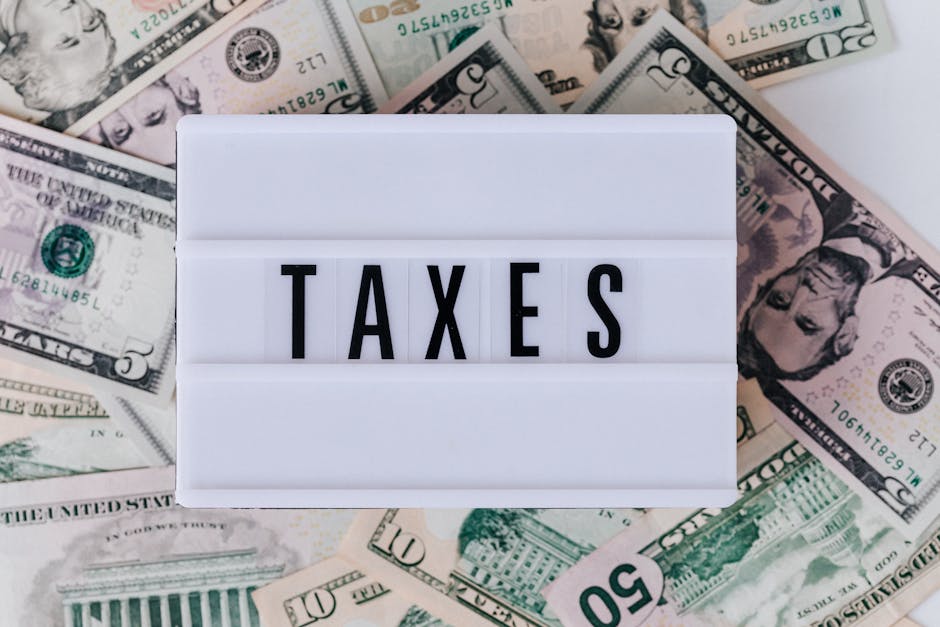Understanding the IRS Definition of Cash Tips
Cash tips, as defined by the IRS, represent any monetary gratuity received directly from a customer for services rendered. This includes money given in hand, but also covers situations where a customer pays more than the actual bill and the difference is understood to be a tip. This seemingly simple definition, however, encompasses a wide range of scenarios and responsibilities for both the employee and the employer, raising numerous questions regarding reporting and taxation.

What Constitutes a Cash Tip for IRS Purposes?
The IRS takes a broad view of what constitutes a cash tip. It’s not limited to just currency. For instance, if a customer pays with a credit card and indicates a tip amount greater than the actual service charge, that excess amount is considered a cash tip, even if it’s electronically processed. Similarly, if a customer leaves a larger sum on the table and the remaining amount is implied as a tip, it still falls under the IRS definition. Even digital payments through apps like Venmo or Cash App, where the intent is clearly to give a gratuity, can be counted as cash tips if received directly from the customer.
Who is Responsible for Reporting Cash Tips?
The responsibility for reporting cash tips primarily falls on the employee who receives them. The IRS emphasizes the individual’s obligation to accurately report all tip income, regardless of whether it’s reported by the employer. This is crucial because unreported tip income can lead to significant penalties and interest charges. The employer also plays a crucial role in the process, as they are required to maintain records of reported tips and include the reported amounts in the employee’s Form W-2.
How to Report Cash Tips: A Step-by-Step Guide
- Keep Accurate Records: Maintaining a detailed record of all cash tips received is paramount. This can involve a daily log, a notebook, or a digital spreadsheet. The key is to have a system that allows for easy tracking and reconciliation.
- Report Tips to Your Employer: Many employers use a tip reporting system (often a form or online portal) that requires employees to declare their cash tips regularly (e.g., weekly, bi-weekly, or monthly). This is essential because it helps the employer reconcile reported tips with their own records of sales, and calculate payroll tax withholding accurately.
- File Form 4137: If total tips, including those reported to your employer, exceed $20, you will need to file Form 4137 (Social Security and Medicare Tax on Unreported Tip Income) with your Form 1040 tax return. This form is used to calculate the additional social security and Medicare taxes owed on unreported tips.
- File Form 1040: All tip income, regardless of whether it’s reported to your employer, must be included in your Form 1040 (U.S. Individual Income Tax Return). Report it as part of your total income from wages, salaries, and tips.
Employer’s Responsibilities Regarding Cash Tips
Employers also have specific responsibilities regarding employee tip reporting. They must maintain accurate records of all tips reported by their employees. This is usually done through a system where employees report tips, which the employer then uses to calculate and withhold taxes. Failure to properly maintain records or comply with IRS regulations concerning tip reporting can result in penalties for the employer.
Understanding the Penalties for Unreported Cash Tips
The penalties for failing to report cash tips can be substantial. The IRS imposes penalties for both underreporting and failing to file required tax forms. These penalties can include interest charges on the unpaid tax, and in some cases, criminal prosecution for intentional tax evasion. The exact amount of the penalty will depend on the severity of the violation and the taxpayer’s history. It’s always best to err on the side of caution and report all tip income accurately.
Common Misconceptions about Cash Tip Reporting
- Myth: If my employer doesn’t ask for my tip information, I don’t need to report it. Fact: The responsibility for reporting cash tips lies with the employee, regardless of whether their employer requests the information.
- Myth: Small tips don’t need to be reported. Fact: All tips, regardless of amount, must be reported. Failure to report even small amounts can accumulate over time and result in significant penalties.
- Myth: Only cash tips received directly need to be reported. Fact: As discussed earlier, tips received through credit card transactions (as a surcharge above the actual cost) or via digital payment apps where the intent is clearly a gratuity are also considered reportable tips.
Seeking Professional Advice
Navigating the complexities of cash tip reporting can be challenging. If you’re unsure about your responsibilities or need help with the process, seeking assistance from a qualified tax professional is strongly recommended. They can provide personalized guidance based on your specific situation and help you avoid potential penalties. Using tax software can also be beneficial in accurately calculating your taxes and ensuring compliance with IRS regulations.
IRS Resources for Cash Tip Reporting
The IRS website offers a wealth of resources on cash tip reporting, including publications, forms, and FAQs. These resources can be invaluable in understanding your obligations and ensuring compliance. Utilizing these readily available resources can simplify the process and prevent costly errors.

Conclusion
Accurate reporting of cash tips is crucial for maintaining compliance with IRS regulations. Understanding the IRS definition of cash tips, your responsibilities as an employee, and the potential penalties for non-compliance are essential for responsible tax management. By diligently tracking and reporting all tips, you can avoid potential legal and financial repercussions and maintain a healthy tax record.


